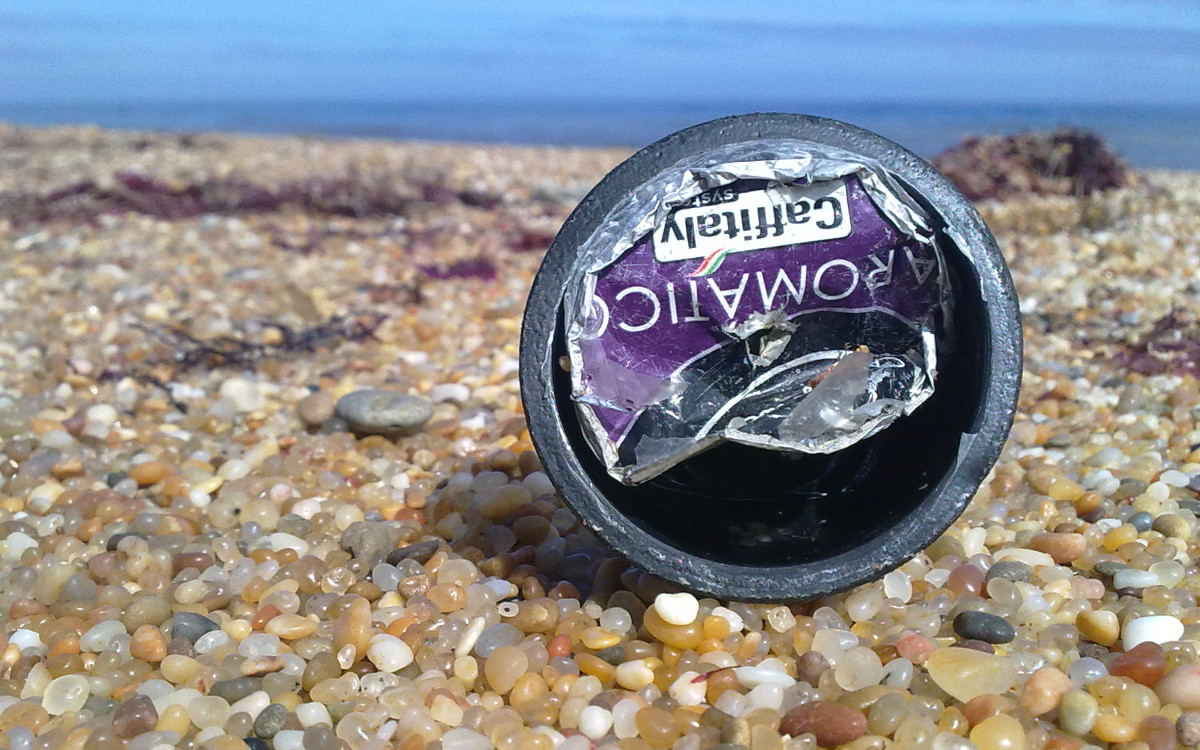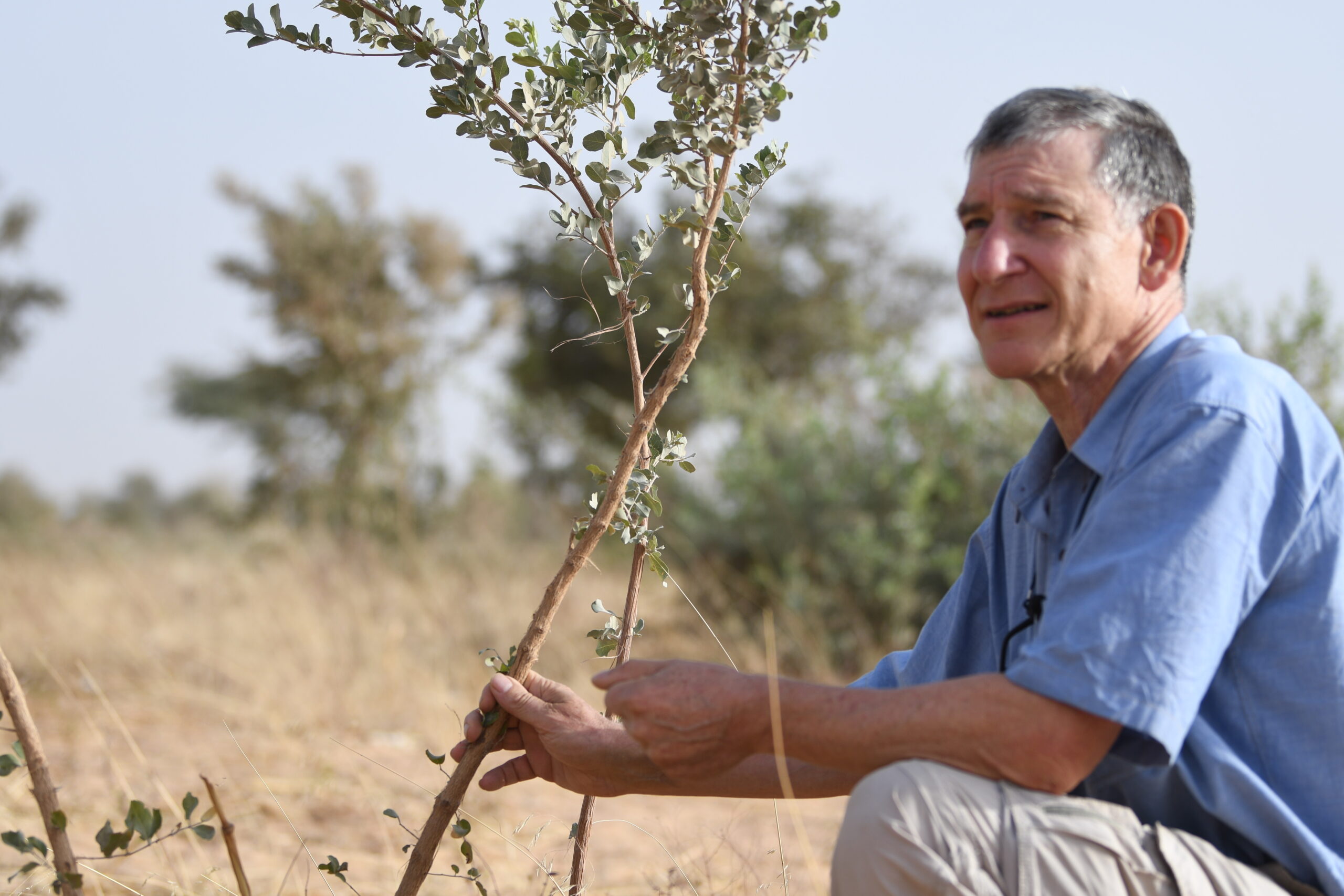Plastic theology
2018 has seen an extraordinary mood-swing in public attitudes towards plastic, especially single-use plastics … at least across much of the wealthy western world. For many this was sparked by David Attenborough’s Blue Planet 2 BBC TV series, combining stunning images of wonderful underwater creatures with the appalling plague of ocean plastics. These are being ingested by wildlife causing slow lingering starvation, and accumulating in tiny microplastic nurdles and massive gyre-formed islands in the planet’s most remote places. Since then, a Plastic-less Living Facebook group with 3,000+ members has grown from a simple Lenten challenge, Starbucks and other companies have banned plastic straws, and several countries have banned single-use plastic bags completely. In case we think this is purely a rich western fad, it’s worth noting that the first country to ban plastic bags completely was Rwanda.

Christians have been at the heart of anti-plastic consumer activism (alongside many others) but, searching online, I’ve noticed very little genuine theological reflection about the place plastics have come to occupy in our lives. And, in case of any confusion, by ‘plastic theology’ I don’t mean theology that is cheap, disposable and tacky! I want to reflect on the spiritual power and importance of something that has only been around for a very short time in human history yet has become all-pervasive and all of us have become dependent upon.
Theology begins with God as Creator, so our starting point is that the raw materials from which plastics are made are part of God’s ‘very good’ creation. Plastics are remarkable in that they are infinitely flexible, chemically virtually inert, and have thus found their way into every part of modern life. Like the bread and wine at the heart of Holy Communion, plastics are thus ‘fruit of the earth and work of human hands’ [1].
However, that’s not the end of the story. Bread can decay; and can symbolise inequality and injustice. Wine can be enjoyed to harmful excess. So too with plastics: they aren’t in themselves evil – but the uses and extent to which we use them can be. Plastics today – particularly disposable single-use plastics – are symbolic of our desire for convenience, our addiction to ‘more’ and ‘new’, our primitive gut response to advertising cues, our dependence on technology, and our careless production of waste. All of these are symptoms of a profound psycho-spiritual illness and dislocation from what it means to be truly human. We were created to be in relationship with God, fellow humans, creation and ourselves, and yet the way we use plastics is now damaging all these relationships. Let me explain…
Plastics are at the heart of a consumer materialist culture which tends to reduce God to a personal feel-good spiritual experience and ignore the false gods that we really worship: comfort, pleasure, self-fulfilment and instant gratification. Like the plastic garbage we dispose of and forget, we ignore those bible passages that challenge us to do without our luxuries [2] and seek God’s Kingdom first [3]. Similarly, the manufacture and disposal of many plastics involves known carcinogens [4] damaging ourselves and particularly the world’s poorest, who tend to live near chemical plants and handle toxic materials. Yet, as with tobacco and climate change, companies with more power and money than many nations minimize and deny the risks – a vivid example of demonic principalities and powers [5] at work in today’s world. And as for God’s creation, we are now seeing the results of sinful over-indulgence in devastating impacts on the world’s wildlife. UN Secretary General, António Guterres recently stated, ‘Our world is swamped by harmful plastic waste. From remote islands, to the Arctic, nowhere is untouched. If present trends continue, by 2050 our oceans will have more plastic than fish.’ [6]
Moreover, the vast majority of plastics are made from petrochemical polymers and monomers derived from oil and natural gas (although they can also be made from plants). So, a theology of plastic must engage with our use of fossil fuels more widely and their impact on climate change and pollution of air, soil and water.
Just as trying to live with less-and-less plastic is a long and tortuous journey, so developing a ‘plastic theology’ is going to take a lot more than a short blog like this. But the key is to start, and then not stop when it gets tough. And because my understanding is that theology is best done in the context of worship and of community, pray that God would show you His heart regarding the place of plastic in your life, keep discussing plastic theology with your small group and church, and please give me some feedback. I don’t want this blog to be single use.
Footnotes:
[1] This phrase is derived from a Jewish blessing and used in Catholic and some Anglican liturgies during Eucharist / Holy Communion services.
[2] eg Matthew 19:16–26
[3] Matthew 6:33
[4] Brandt-Rauf PW, Li Y, Long C, Monaco R, Kovvali G, Marion M-J. (2012) Plastics and carcinogenesis: The example of vinyl chloride. Journal of Carcinogenesis. 2012;11:5. doi:10.4103/1477-3163.93700.
[5] Ephesians 6:12
[6] The Independent: World Environment Day: Planet is being ‘swamped’ by plastic waste, says UN chief
We are happy for our blogs to be used by third parties on condition that the author is cited and A Rocha International, arocha.org, is credited as the original source. We would be grateful if you could let us know if you have used our material, by emailing [email protected].



Thanks for your thoughts, Dave. Have been reducing the place of plastic in my life for several years now following a Lenten challenge, and this July wrote a series of blog posts for Plastic Free July to encourage others to reduce the amount of waste we produce from our lifestyles of convenience. http://www.organiced.co.uk
Dave, thank you so much for putting this down on paper. This is the kind of “public theology” we desperately need. I’ve been reflecting on my own plastic use over the past few months, and it is so easy to overlook because it is ingrained in every aspect of our lives. Because of that, the impact when we make a change can be huge. I think of just the small shifts evident in the plastic straw issue. Several weeks ago, I tried to go an entire day without the use of plastic. It was demoralizingly hard but it was eye opening. The dependency runs deep. Once again, thanks for writing this and keep on the journey!
That makes me think… “A Week Without Plastic” (or even a day) might make a nice reflection on this blog. “Plastic-free Sunday”? Over to the writers…
Thanks Alice, great to see some excellent practical ideas on your blog too!
[…] English […]